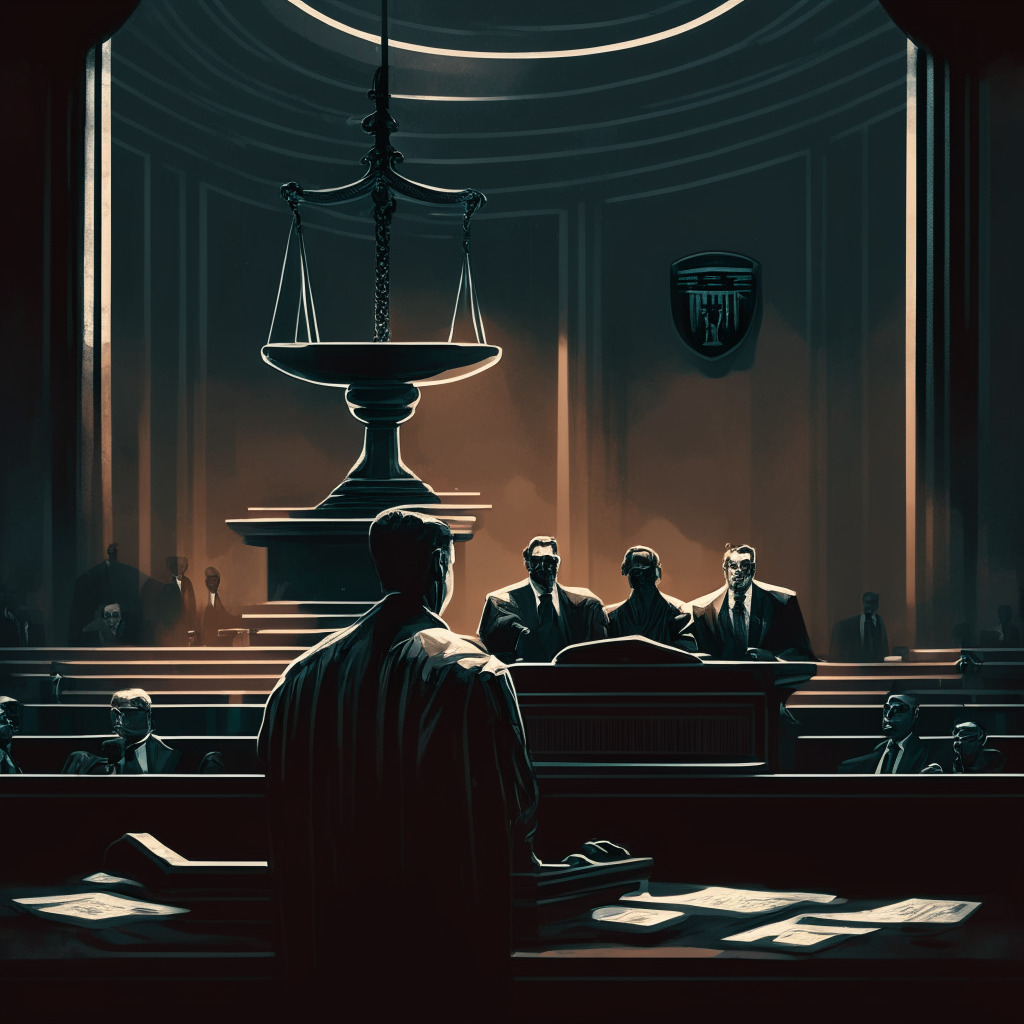It’s been an eventful week in the crypto world, with the most significant development centering on the House Republicans’ Digital Market Structure draft bill. While headlines were dominated by the SEC’s litigation against Binance and Coinbase, the real legal progress in implementing an appropriate regulatory structure for digital asset markets was taking place behind the scenes.
The SEC’s attempts to fit Blockchain and crypto industries into existing legal frameworks, whether appropriate or not, only underscore the need for legislative adaption. Cryptocurrency’s unique market structure doesn’t quite align with traditional finance and requires a different approach. On the Bell Curve podcast, Jason Yanowitz compared crypto’s three main groups – exchanges, broker-dealers, and clearinghouses – to the existing market structure and pointed out the differences and overlaps that create confusion.
In the centralized finance world of crypto, users’ assets are held on platforms, like Coinbase – but there’s no parallel broker-dealer. Settlement also varies, sometimes involving Coinbase, sometimes happening on Layer 1, like Ethereum blockchain.
Meanwhile, the draft bill is quietly tackling these issues, providing a “black and white playbook” for stablecoin operations, token project registration, and procedures for tokens to become “sufficiently decentralized commodities.” This changing legislation is paving the way for new firms and even crypto ETFs, according to Vance Spencer, co-founder of Framework Ventures.
Spencer further highlights the funded start-ups that will “take advantage” of the evolving crypto market structure, which is positioning itself to replace traditional market giants. The shifting landscape creates opportunities for new technology to fill market structure gaps.
As regulation progresses and the current market structure transforms, Michael Anderson, co-founder of Framework Ventures, expects things for end-users to “look and feel” very similar. However, the venues where tokens are traded will fundamentally change.
In conclusion, the crypto world and the regulation surrounding it are indeed evolving, and the Digital Market Structure draft bill is a crucial step forward. While the news focuses on the SEC’s lawsuits and enforcement actions, it’s important to remember that real legislative progress is happening as well – which will ultimately benefit the entire crypto ecosystem.
Source: Blockworks




